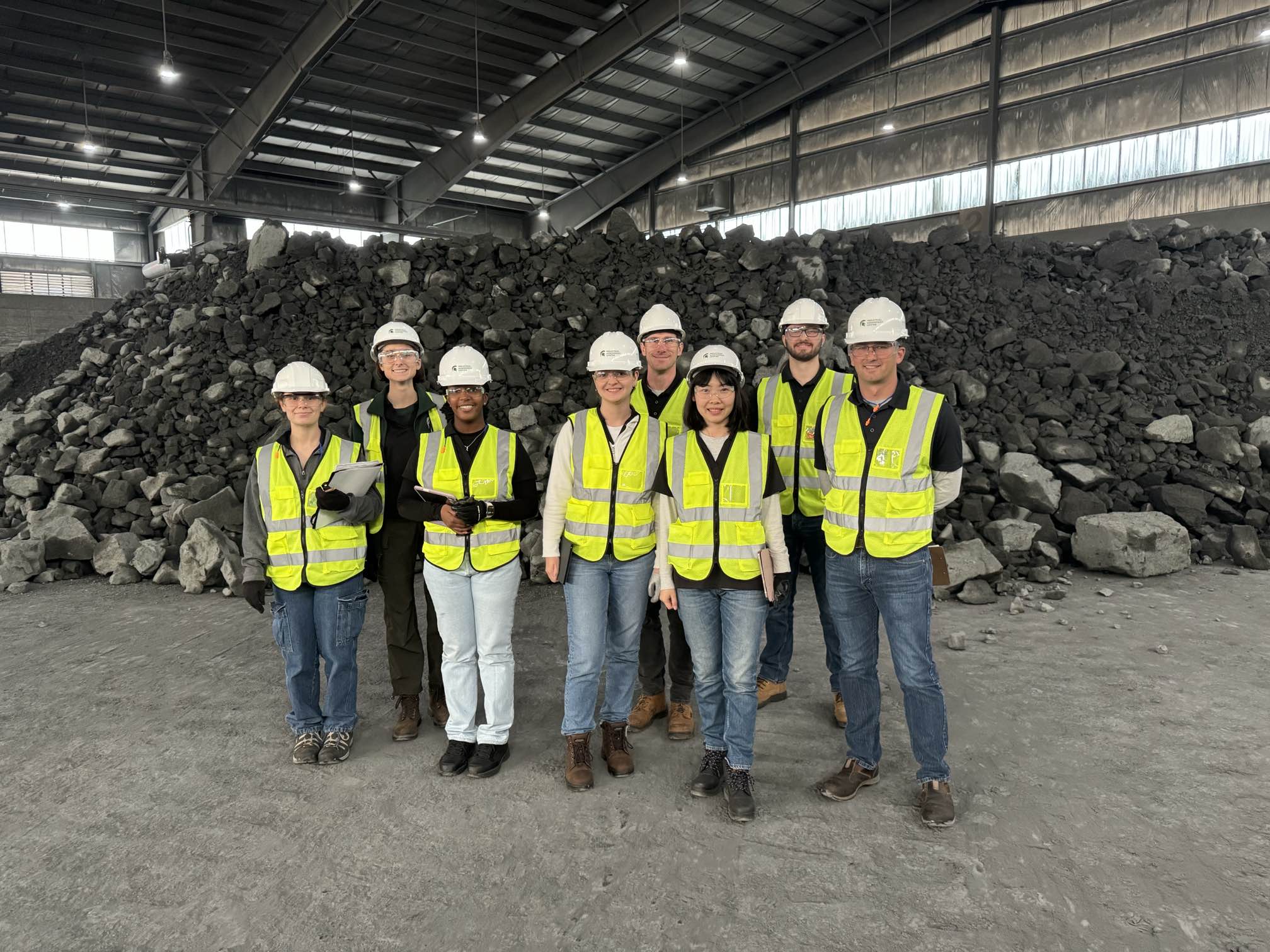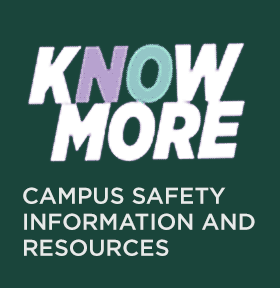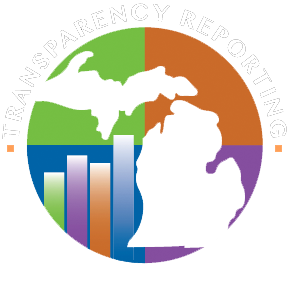The Michigan State University Industrial Training Assessment Center and University of Michigan Economic Growth Institute have been awarded $500,000 by the U.S. Department of Energy to launch the Michigan Automotive Supply Chain Technical Assistance Program. This two-year initiative will help small and medium-sized manufacturers in Michigan’s automotive sector transition to electric vehicle components and diversify their product lines.

This program is managed by ENERGYWERX in partnership with DOE, a collaboration made possible through an innovative Partnership Intermediary Agreement set up by the DOE's Office of Technology Transitions. This agreement enables ENERGYWERX to broaden DOE’s engagement with innovative organizations and non-traditional partners, facilitating the rapid development, scaling, and deployment of clean energy solutions. The funding supports a program that will test and develop a comprehensive playbook with manufacturers and business leaders. As both a service and collaboration, the initiative centers around the deployment of a detailed guide designed to offer technical, financial, and strategic support. Developed with insights from Argonne National Laboratory and private sector experts, the playbook will guide manufacturers in key areas, including how to:
- Identify opportunities to diversify or convert existing product lines.
- Understand workforce and financing considerations for transitioning to EV components.
- Implement practical action plans tailored to each company’s specific capabilities and market opportunities.
EGI and MSU ITAC will use the playbook alongside their programming supporting small manufacturers. These engagements will identify priorities and resources to address the specific needs of each business.
The teams will test and refine the playbook using insights from participants and other key stakeholders. Real-time feedback will be gathered through ongoing roundtables, ensuring that expertise from various domains — including production, engineering, marketing, finance and senior leadership — contributes to the playbook’s continuous improvement and development. This collaborative approach will ensure the resource remains practical and effective.
The organizations bring decades of expertise serving small manufacturers across Michigan and will guide businesses through this critical transition. Key facilities such as MSU’s Composite Vehicle Research Center and U-M’s Battery Lab will support the program’s technical aspects. U-M’s Electric Vehicle Center will offer targeted training modules and professional development to prepare the workforce for new technological demands.
“Thanks to this grant, these businesses will now have a vital tool that offers critical EV transition information to help them embrace the future of electrification and the evolution of the mobility sector,” said Annick Anctil, assistant director of the MSU ITAC.
EGI Executive Director Steve Wilson added, “The aim is to strengthen Michigan’s leadership in automotive innovation by providing essential support to SMMs during this transformative period while testing and developing a comprehensive playbook to strengthen supply chains nationally.”
The program will target small and medium-sized manufacturers throughout the region, with a special emphasis on those in disadvantaged communities. By offering immediate resources to an initial cohort of companies and building the capacity to support future participants, the initiative aims to establish a comprehensive and thoroughly tested playbook. The program supports Michigan’s commitment to leading in manufacturing innovation and promoting inclusive economic development.
“We’re very proud here at MSU Mobility to have yet again earned the trust of the U.S. Department of Energy and our allies in the manufacturing sector,” said Judd Herzer, director of MSU Mobility. “‘Making things in Michigan’ is at the heart of our state’s prosperity. The hardworking faculty at the MSU Industrial Assessment Center, along with our partners, are taking care to ensure our heritage in automotive manufacturing translates into a thriving mobility sector for future generations.”
For more information, contact the Michigan State University Industrial Training Assessment Center or the University of Michigan Economic Growth Institute.
Story courtesy of MSUToday.
MSU College of Engineering Media and Public Relations page

